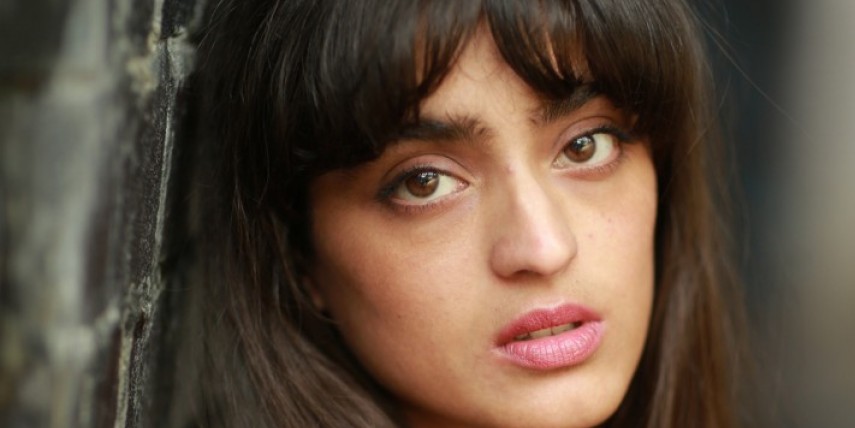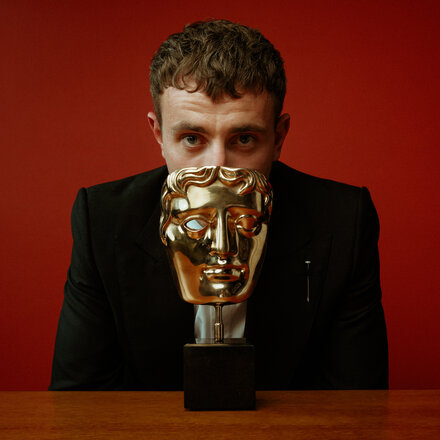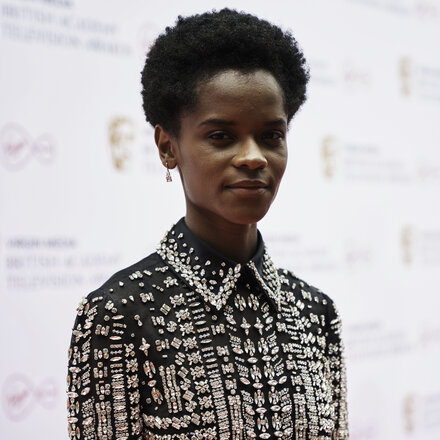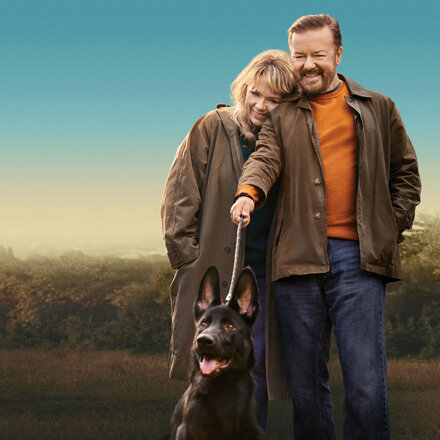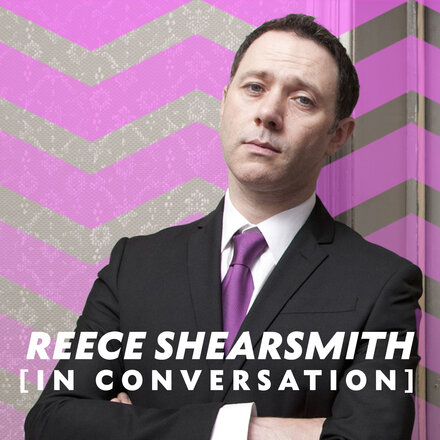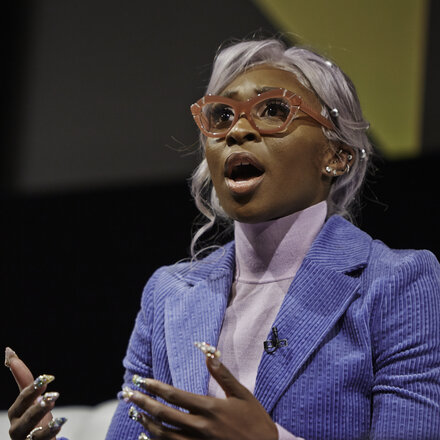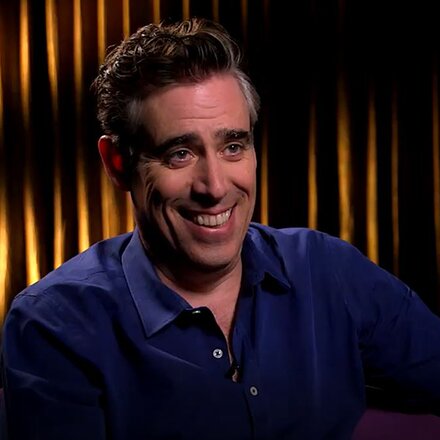I’m so used to playing teenagers now, I enjoy it. I have got an immature side to me which helps when playing a younger character. It’s fun because you don’t always get to bring that out in real life.
For my role in Some Girls, I think about what I was like as a teenager, but then try to go a scale lower than that in maturity levels. My character Saz has got a socially inept side to her that’s even sillier than I would have been at that age myself.
But you do say to yourself, ‘what would the 16-year-old me do in this situation?’ And even if you wouldn’t do the same things or say the same things, how would you feel? At that age, people don’t know how to fit in and to bring that out is always good, because teenagers can relate to that.
When you put a school uniform on and you haven’t had one on in ages, it really does bring that side out of you. You put your tie and feel like you did in school, you don’t want to tuck anything in. The costume really helps.
You need to release your inner child, but you have to be confident to do that, because you can feel really silly. If it’s too much, the director will tell you. It’s important to try and be believable. I played a character called Amara recently in Fried and she’s in her teenage years – she’s going through that bratty period where you don’t want to work, you don’t want to do anything. As long as you know where your character is and where you fit in with the characters around you, you’ll know how far to take it.
Mainly I look at the character breakdown, because you can get 16 or 17-year-olds who are more mature than a 22-year-old because of their lifestyle or what they’ve been through. The lines help you with that. I think the writer has the hardest task trying to stay current with the slang because it’s changing so quickly.
The most important thing in all of this is have an agent you can be truly honest with. Because if you don’t, they’ll be putting you up for parts and if you get the role and aren’t happy doing it then what’s the point?
Personally, I don’t think I look that young! But I’ve learned what looks younger and what looks older on me. If my agent emails me and says I’m up for a 24-year-old I’ll put make-up on and do my hair. If I go up for a teenage role, I won’t wear any make-up and just bung my hair up.
I’m actually about to play my youngest part – a 13-year-old. It’s the stage version of Anita & Me. Because it’s on stage you have the artistic licence to do that. But it’s going to be fun, because I can just go for it. I don’t think I’ll ever get to play younger, so I might as well have fun with it while I can.
But if I got to 40 and I was still playing 16-year-olds, I would be like, ‘right, what’s happening?!’
